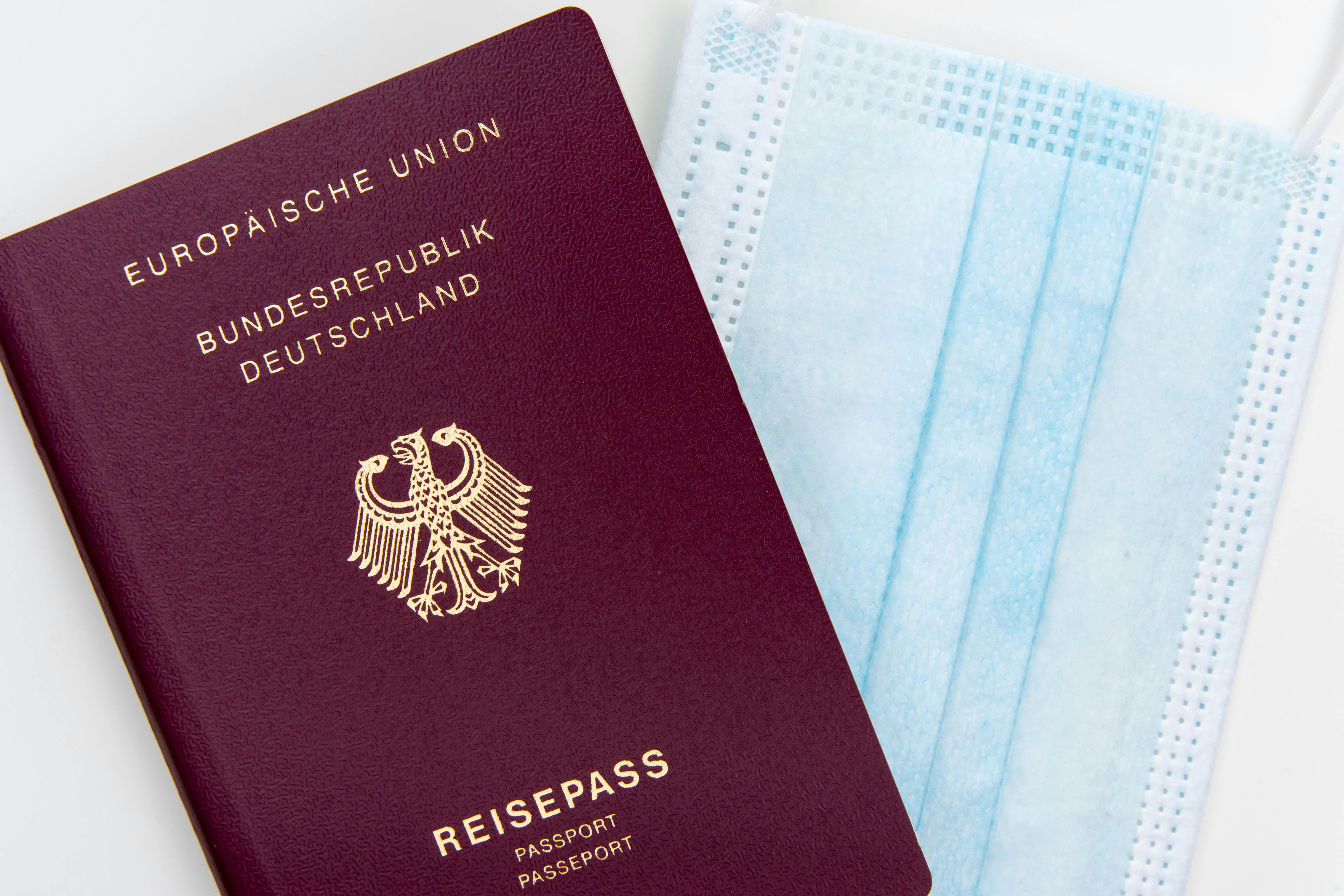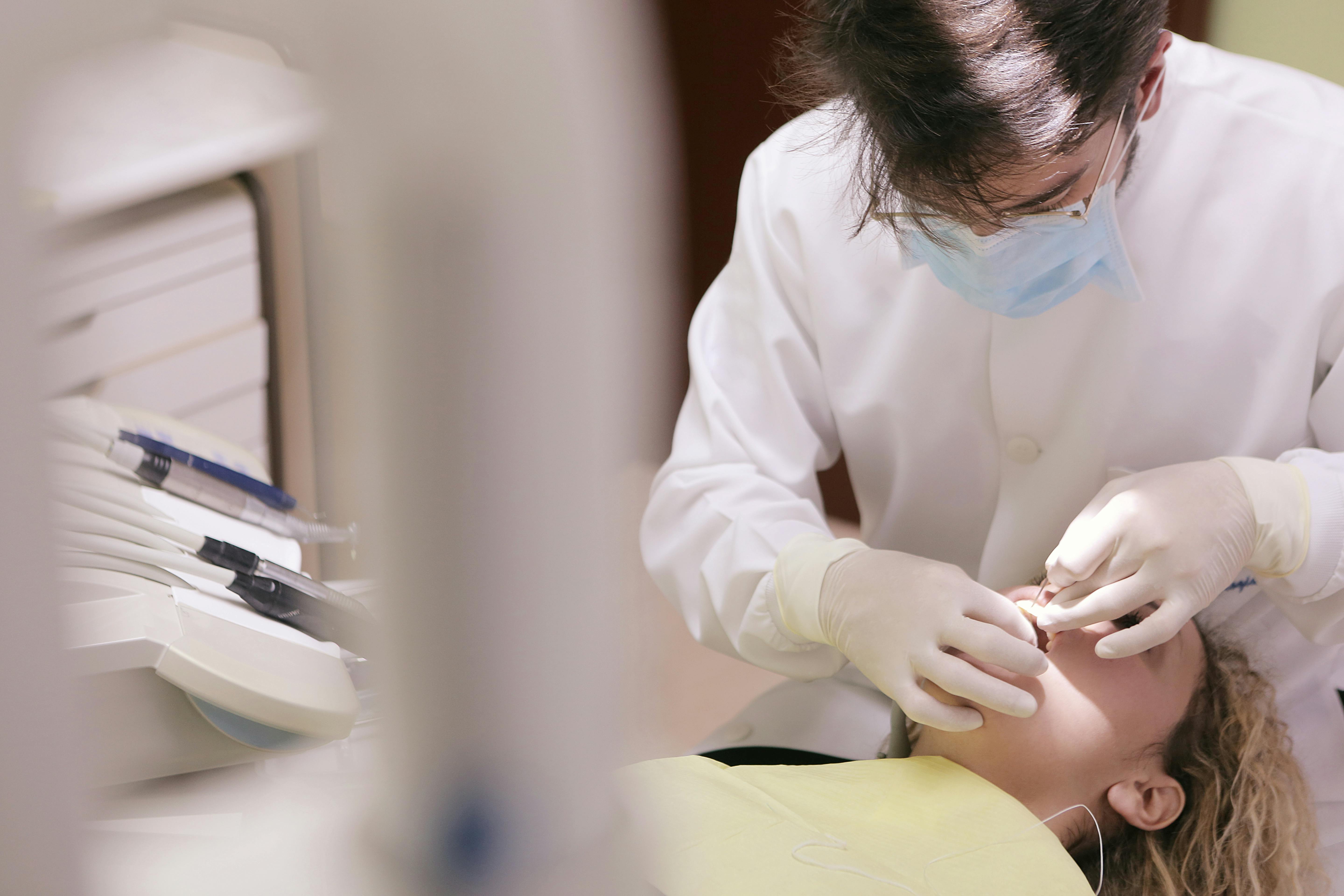You’ve ever wondered why professionals worldwide aspire to working in Germany, the answer lies in its unmatched blend of opportunity and equilibrium.
Germany isn’t just Europe’s economic powerhouse—it’s a society that values both ambition and well-being. For dentists, engineers, and tech experts, working in Germany means accessing cutting-edge industries, world-class research facilities, and salaries that rank among the highest in the EU. But beyond the paycheck, the real draw is Germany’s sacred commitment to work-life balance. Imagine finishing your clinic shift by 4 PM, cycling along the Elbe River, or savoring a Feierabendbier (post-work beer) with colleagues who prioritize life outside the office. With 30 days of paid leave, universal healthcare, and cities designed for sustainability, working in Germany isn’t just a job—it’s a blueprint for living well.
Even with its progressive income tax system (which funds free education and social security), the rewards of working in Germany are undeniable. Cities like Frankfurt and Cologne blend medieval charm with hyper-modern infrastructure, offering expats safe neighborhoods, punctual transit, and a multicultural vibe. For dentists, working in Germany opens doors to advanced dental technology and a population that prioritizes oral health. But success here hinges on one non-negotiable skill: language mastery.
Language Skills: Your Passport to Work in Germany

to work in Germany, fluency in German isn’t optional—it’s the cornerstone of professional trust. For dentists, this goes beyond B2 certification. Picture explaining a *Wurzelkanalbehandlung (root canal) to a nervous patient or negotiating with insurance providers using terms like Kassenpatient (public insurance patient) and Privatversicherung (private insurance). Working in Germany demands precision, whether you’re discussing Zahnspangen (braces) with a teenager or calming a parent worried about Milchzähne (baby teeth).
But language isn’t just about technical jargon. Working in Germany means embracing cultural nuances like Pünktlichkeit (punctuality) during appointments or bonding with colleagues over Kaffeepausen (coffee breaks). Struggling with German’s notorious compound words? Join a Sprachtandem (language exchange) or enroll in a Berufssprachkurs (vocational language course) tailored for healthcare professionals. The effort pays off: patients will trust a dentist who says, “Wir kümmern uns um Ihre Zahnschmerzen” (“We’ll take care of your toothache”) with confidence.
Let’s address the elephant in the room: Germany’s tax rates can reach up to 45% for high earners. But before you balk, consider what this buys. Working in Germany means your taxes fund free university education (yes, even for international students!), subsidized childcare, and a healthcare system ranked among the world’s best. For dentists, this translates to a steady stream of patients who prioritize oral health, as public insurance covers basic check-ups and treatments. Plus, Germany’s aging population drives demand for skilled dental professionals—making it a stable, recession-proof career path.
Taxes, Benefits, and Dental Careers: The Reality of Working in Germany
Let’s address the elephant in the room: working in Germany comes with a higher tax burden (up to 45% for top earners). But these taxes fund the very systems that make life here exceptional. For dentists, working in Germany means practicing in a country where 90% of residents have dental insurance, ensuring a steady patient flow. Public insurance covers basic procedures, while private patients seek premium services like Ästhetische Zahnmedizin (cosmetic dentistry)—a win-win for clinics.
Adapting to work in Germany also means navigating its famed bureaucracy. Dentists must validate licenses through the Zahnärztekammer (Dental Association) and stay updated on regulations like GOÄ (fee schedules for private patients). Yet, once established, working in Germany offers stability: the country faces a shortage of 3,000+ dentists, guaranteeing demand. Plus, joining networks like the Deutsche Gesellschaft für Zahnärzte (German Dental Association) can fast-track your integration.
Final Thoughts: Is Working in Germany Worth It?

For dentists seeking growth, working in Germany is a career-defining move. Yes, learning German is tough, and taxes are high—but the trade-off is a society that values expertise, innovation, and Lebensqualität (quality of life). Whether you’re restoring a patient’s smile in Stuttgart or researching implants in Heidelberg, working in Germany lets you thrive in a system where work supports life, not the other way around. Ready to say “Ja” to this adventure?
Common Dental Terms in German
1. Basic Dental Anatomy
| Tooth | Der Zahn |
| Teeth | Die Zähne |
| Gums | Das Zahnfleisch |
| Tooth Root | Die Zahnwurzel |
| Jawbone | Der Kieferknochen |
2. Dental Procedures
| Filling | Die Zahnfüllung |
| Root Canal Treatment | Die Wurzelbehandlung |
| Tooth Extraction | Die Zahnentfernung |
| Dental Implant | Das Zahnimplantat |
| Braces | Die Zahnspange |
3. Common Patient Phrases
| Please open your mouth. | Öffnen Sie bitte den Mund. |
| Do you have any pain? | Haben Sie Schmerzen? |
| We need to take an X-ray | Wir müssen eine Röntgenaufnahme machen |
| Sie brauchen eine Zahnfüllung | You need a filling |
| Das könnte eine Karies sein | This could be a cavity |
Tips to Improve Your Dental German
Mastering German is critical for professional success and cultural integration when working in Germany. Here’s how to accelerate your learning:
Immerse Yourself Daily: Watch German TV (Tatort for crime dramas, Löwenzahn for simple language) or listen to podcasts like Slow German. Label household items with sticky notes (e.g., der Kühlschrank – fridge) to build vocabulary passively.

Prioritize Job-Specific Language: Dentists should focus on terms like Zahnschmerzen (toothache), Zahnspange (braces), and insurance phrases (“Ist dies privat oder gesetzlich versichert?” – “Is this private or public insurance?”). Use flashcards or apps like Anki for niche vocabulary.

Join a Sprachcafé or Tandem Partner: Practice conversational German weekly at language meetups or via apps like *Tandem. Mimic dialogues you’d use at work, such as explaining treatments or scheduling appointments.

Take Berufssprachkurse : Enroll in state-funded B2/C1 courses tailored for healthcare professionals. These teach formal patient communication, medical documentation, and workplace etiquette.

Shadow German Colleagues: Observe how native speakers interact with patients. Note phrases like “Bitte öffnen Sie den Mund weit” (“Please open your mouth wide”) and mimic their tone/formality.

Think in German: Challenge yourself to describe your day mentally in German. Start simple: “Heute behandle ich drei Patienten mit Karies” (“Today I’m treating three patients with cavities”).

Consistency is key—even 20 minutes daily builds fluency. Working in Germany becomes smoother when language barriers fade, letting your expertise shine.
Want structured lessons? Check out our Dental German Course designed for international dentists!
